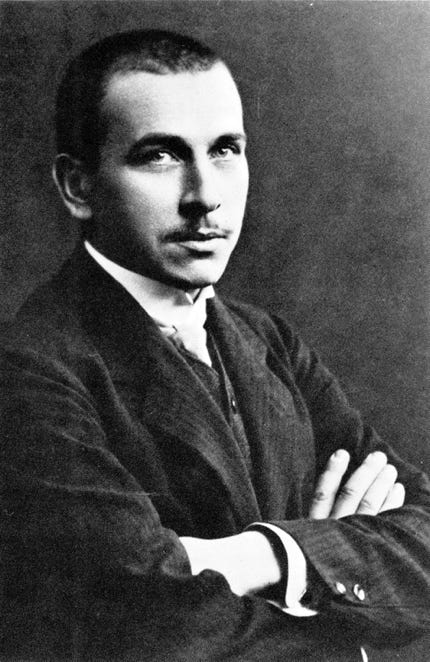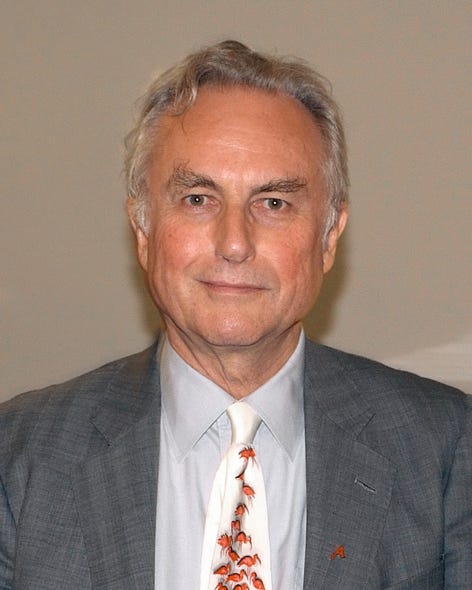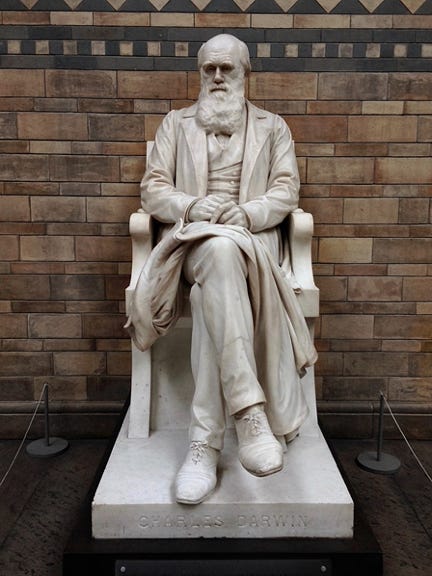1 – Science: its limitations
- Few doubt that amazing progress has been made thanks to science, especially visible in the wonders of technology all around us that have improved our life expectancy and quality of life worldwide.
- History demonstrates, however, that science has made mistakes. A number of these stories are told in the book, such as the rejection—for 50 years—of Alfred Wegener’s plate-tectonics hypothesis. There is very strong peer pressure, or groupthink, for scientists to conform to the ruling orthodoxy. This can result in fear of revealing or disclosing counter-evidence in the first place, or rejection of such evidence when subjected to a peer review process.
- Seemingly well established, unquestioned scientific paradigms, or ways of thinking about the world, can be overturned, or at least significantly modified, by a new paradigm decades or even hundreds of years later, when anomalies and counter-evidence bring the ruling paradigm into crisis.


